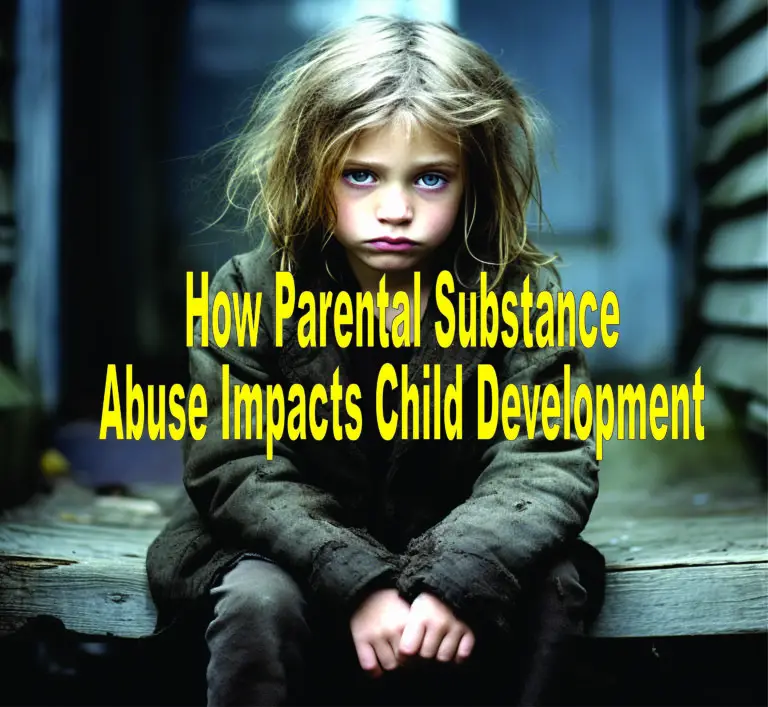How To Early Recognize Seizures In Babies

Last Updated on January 17, 2024 by Lori Pace
Nearly half a million infants and children in the US suffer from epilepsy (a type of seizures in babies) a lifelong condition that can affect their lives in multiple ways. Learning to recognize the signs of this condition in your newborn baby can help you offer the best treatment from the start and avoid brain development issues.
So, how can you recognize the early signs of epilepsy? Consulting a pediatric specialist or neurologist is an invaluable step to take. But the guide below can offer you a brief overview.
Learn More About Epilepsy
The first step to take is to find the answers to key questions such as:
- “What is epilepsy?”
- “What are the symptoms of epilepsy?”
- “How is epilepsy diagnosed?”.
So, let’s start!
Epilepsy is defined as a neurological condition that causes recurring and unprovoked seizures. Epileptic seizures are triggered by unusual surges of electrical activity in the brain and can appear in different forms or levels of intensity. This seizure disorder can affect people of all ages. But it is usually diagnosed in early childhood or in people over 60.
Although epilepsy is a long-term condition, up to 70% of epileptic patients who are properly diagnosed and treated can live a seizure-free life. That is why it is critical for you to understand the symptoms and early signs of epilepsy in your child early on.
Work With A Pediatric Specialist To Identify Seizures In Babies
According to estimations, around 100 in 100,000 infants will have seizures in the first months of their lives. But if epileptic seizures are hard to detect in adults, they are even more so in newborns and young children.
At the same time, this is a critical moment in the child’s brain development process. Besides, uncontrolled seizures can have long-lasting effects on the cognitive health. That is why it is crucial for new parents to partner with a pediatric specialist or neurologist to learn to recognize the signs and symptoms of seizures in their babies.
Understand That There Are Many Types of Seizures In Babies
Although all people who suffer from epilepsy will have unprovoked seizures, these episodes might vary in nature, intensity, frequency, and duration from one person to another.
Some of the different types of seizures include tonic, atonic, myoclonic, and clonic. These can be either generalized or partial, depending on the area(s) of the brain affected. Some common symptoms of seizures include jerking or rhythmic movements, spasms, stiff limbs, or vacant staring.
However, in children, these symptoms might be hard to detect. So, you might need to look for subtle signs such as unusual eye movements, blinking eyelids, rolling eyes, tongue chewing, apnea, or brief stiffening of the neck.
Look Out For Neonatal Seizures
During the first month of life (for full-term infants) a critical risk is represented by neonatal seizures. Neonatal seizures, similar to epileptic episodes, are due to abnormal electrical activity in the brain. These types of seizures are particularly likely to appear during the first weeks of a baby’s life.
Although these seizures can be detected by a trained eye, they are often characterized by subtle movements (such as chewing motions). Depending on what’s causing these seizures and how these episodes are addressed, healthy newborns might not deal with long-lasting consequences.
Nonetheless, it is important for babies experiencing neonatal seizures to receive prompt neurological care as these episodes might be due to brain injury, blood clots in the brain, birth defects, stroke before or after birth, or lack of oxygen during childbirth. What’s more, around 50% of babies with neonatal seizures are likely to develop epilepsy in their lives.
What To Do If You Suspect That Your Baby Has Epilepsy
If you suspect that your baby has epilepsy, or you have noticed neonatal seizures, you should take some steps to ensure the best outcome for your baby, yourself, and your whole family.
Start with these strategies:
- Partner with a specialized pediatric specialist or neurologist
- Learn about self-care tips to keep yourself healthy
- Discuss the best treatment course for your child
- Learn the 3C method for dealing with seizures. Stay Calm – Cushion the head – and Call an ambulance if a seizure lasts longer than 5 minutes).
Learning more and surrounding yourself with specialists and professionals can help you guarantee your child the best quality of life.





